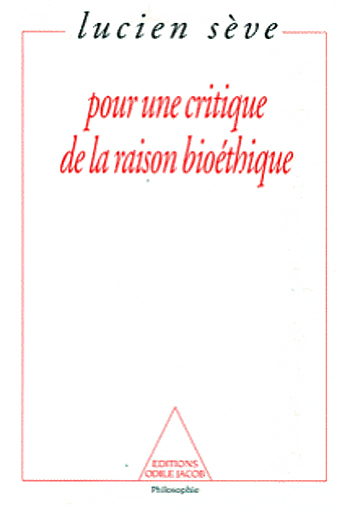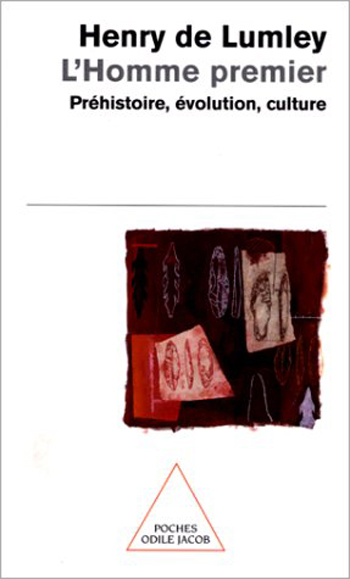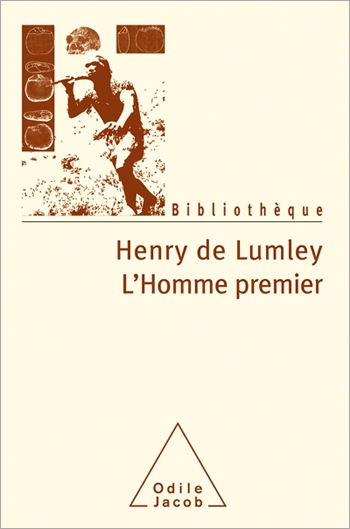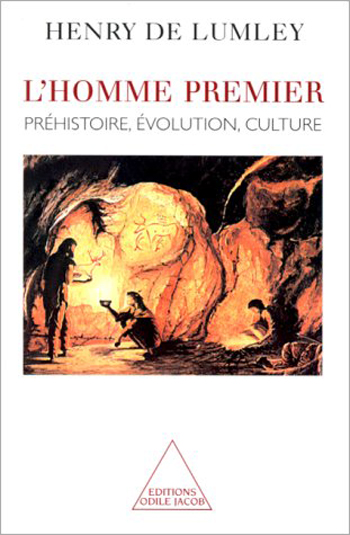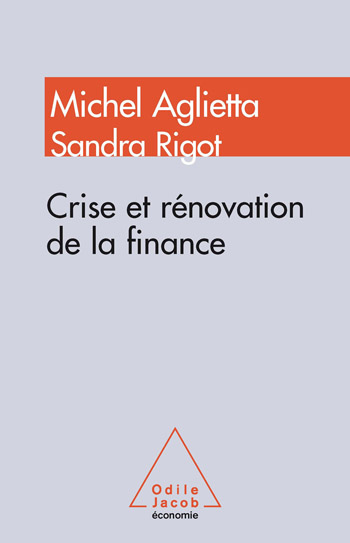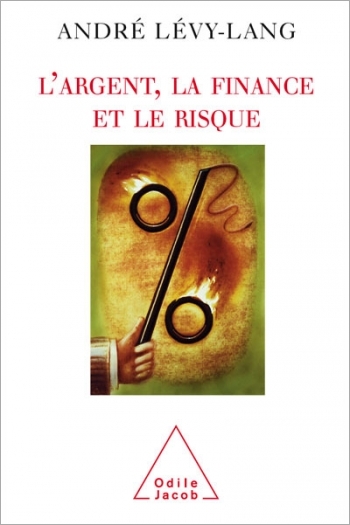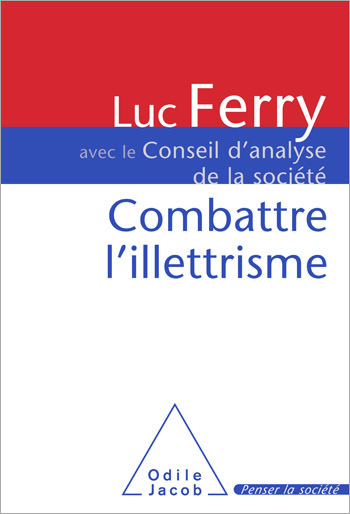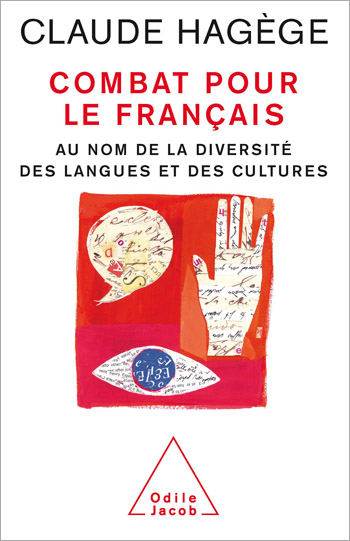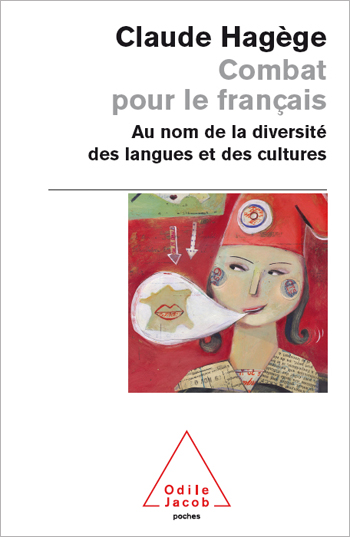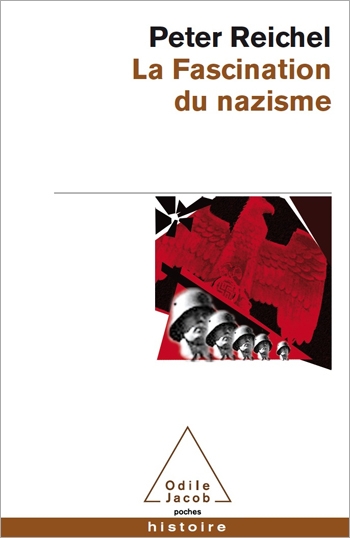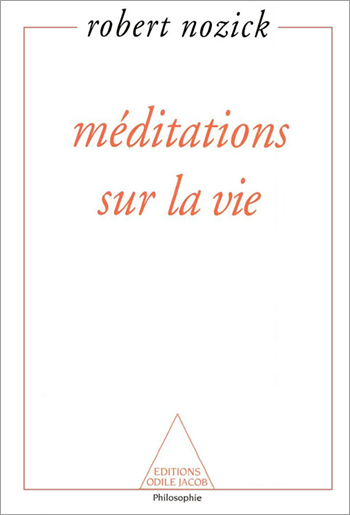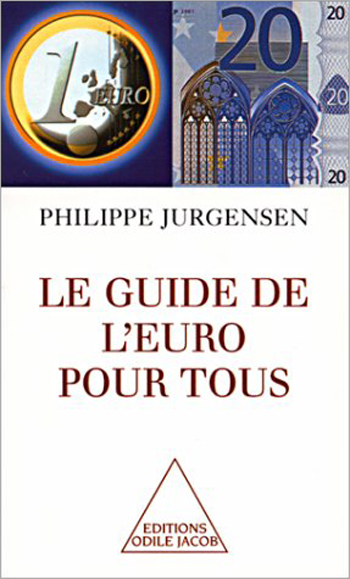Human Sciences All books
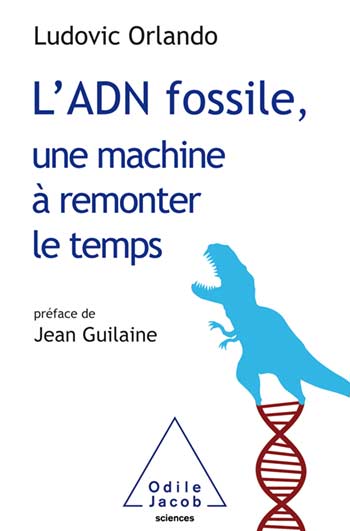
Ludovic Orlando
Fossil DNA, a Time Machine
DNA sequencing isn’t of use only to doctors and biologists. It has become an essential tool for paleontologists and archeologists: for it is a true time machine.
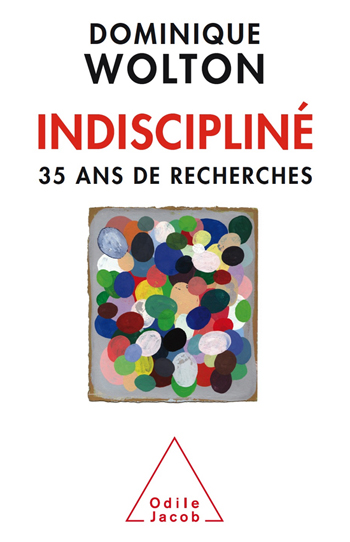
Dominique Wolton
Forms of Indiscipline
A brilliant, authoritative synthesis of Dominique Wolton’s thought and work
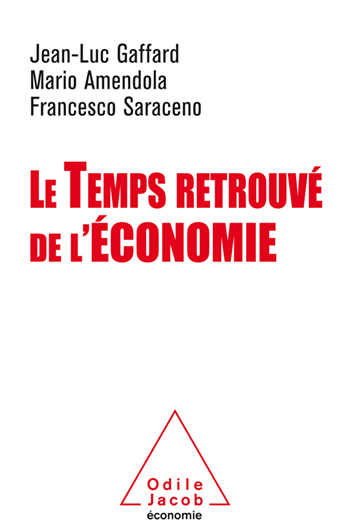
Jean-Luc Gaffard, Mario Amendola, Francesco Saraceno
The Forgotten Time in Economics
An innovative book that completely overhauls economic theory and proposes a more dynamic and more realistic view of entrepreneurs, finance, and possible action by governments.
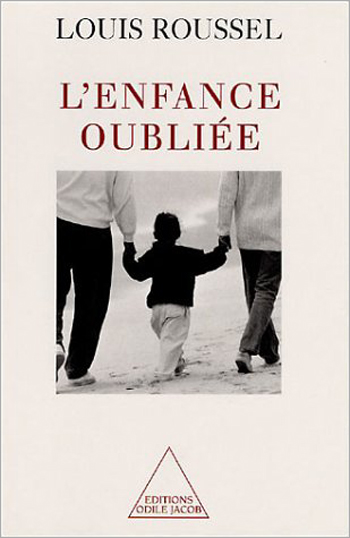
Louis Roussel
Forgotten Childhood
Roussel points to a number of frightening signs among children today failure at school, depression, suicide, juvenile delinquency, violent behaviour and concludes that childhood itself is seriously threatened. The changes in family relations have played a determining role in affecting the lives of all children each and every one of them potential victims of the upheavals that shake our society. Such is the theory that Roussel presents in this book, as he traces more that 20 years of changes in the family and examines their impact on education. Louis Roussel is a scientific adviser for Frances national institute of demographic studies.
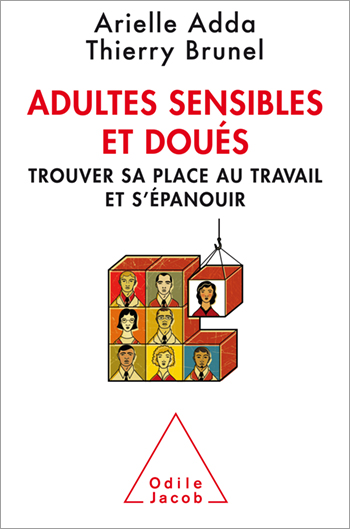
Alain Bentolila
For a School of Resistance
An original and documented program of education policy that offers a response to the success of disinformation and extremisms confronting the young.
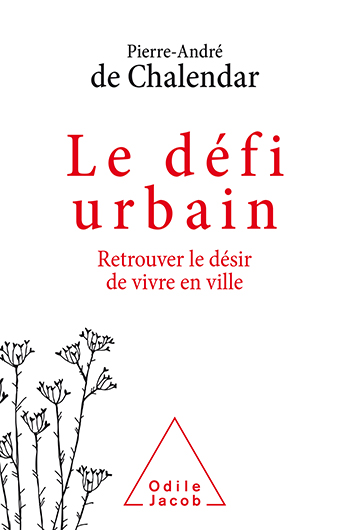
Pierre-André deChalendar
For a City That Is Desirable Once Again Cities are our future: what can be done so they will ultimately be desirable again?
Should we leave cities? The subject is very timely, and this book, which argues that we shouldn’t, deals with it intelligently, and without being overly-technical, which is rather rare in the realm of urbanism.
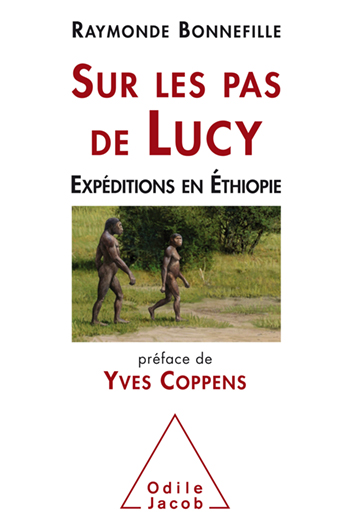
Raymonde Bonnefille
Following Lucy Expeditions in Ethiopia
A unique account by one of the few women to have actively participated in the great archeological expeditions in the Omo Valley in the 1970s.
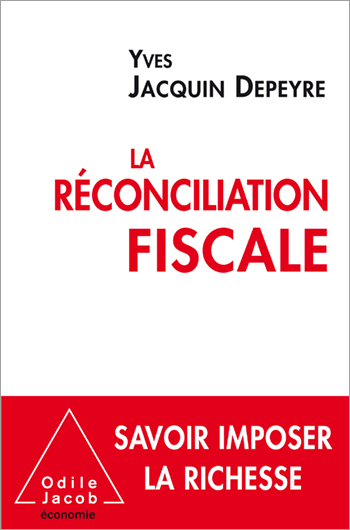
Yves Jacquin Depeyre
Fiscal Appeasement
The author urges the French to get rich and to become less hostile toward taxation
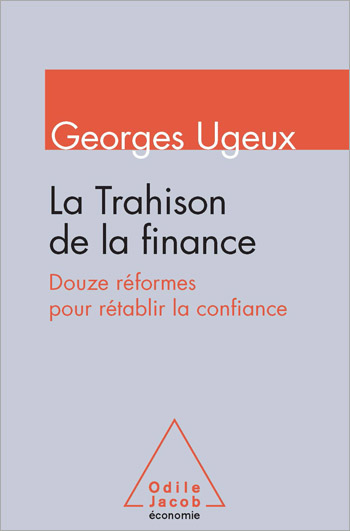
Georges Ugeux
Finance Under the Magnifying Glass Twelve Reforms to Restore Trust
Most analyses of the crisis and its aftermath are the work of theoreticians and ideologues
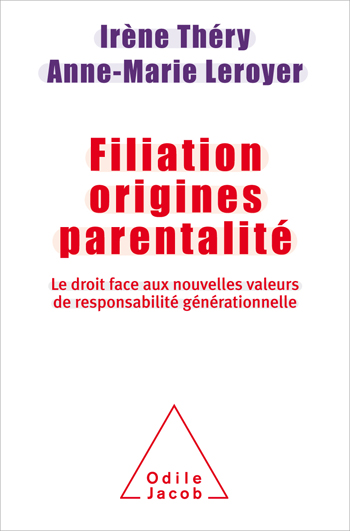
Irène Théry
Filiation, Origins, Parenthood How Lawmakers Are Dealing with Recent Notions of Inter-generational Responsibility
One of the most sensitive social issues of the day, analysed by an acclaimed specialist on family and social transformations
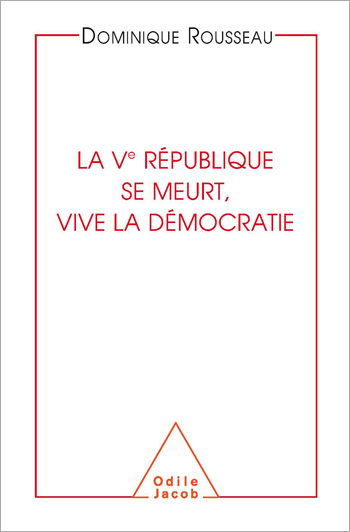
Dominique Rousseau
The Fifth French Republic Is Dying! Long Live Democracy!
The First French Republic was consular, the Second was presidential, the Third and Fourth were parliamentary, but the Fifth seems to have no distinguishing qualities.
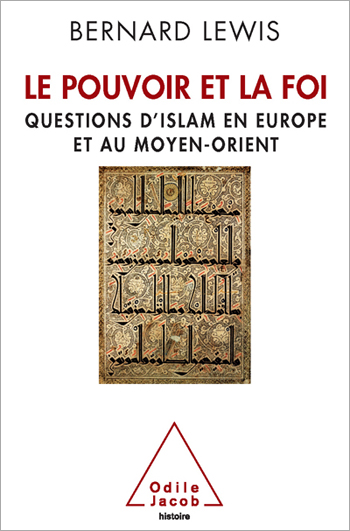
Bernard Lewis
Faith and Power Religion and Politics in the Middle East
One of the greatest experts on the Middle East revisits the great question of Islam and its clash with the West
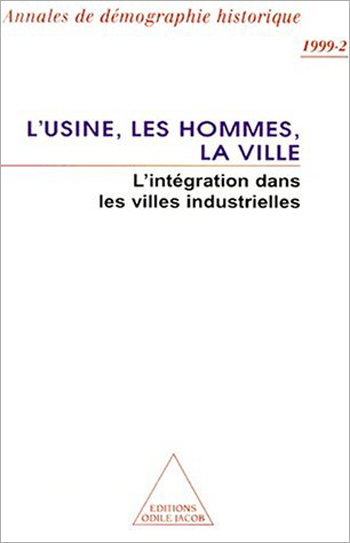
Annales de démographie historique
The Factory, the Men and the Town. Intergration in Industrial Centres
Annales of Demographic History Report
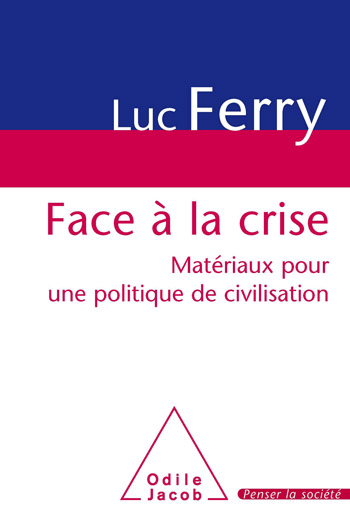
Luc Ferry
Facing the Crisis Building Blocks for a Politics of Civilisation
To overcome the crisis we will have to do more than salvage what we can by further expenditures, no matter how necessary or urgent these may seem.
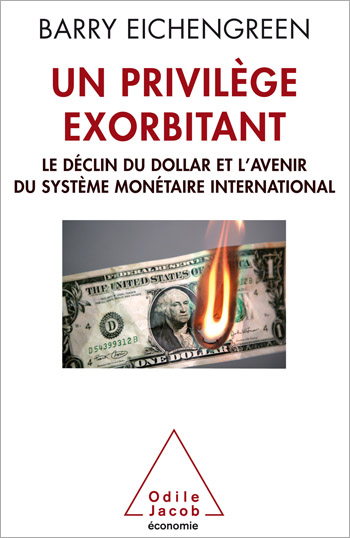
Barry Eichengreen
Exorbitant Privilege The Rise and Fall of the Dollar and the Future of the International Monetary System
As the dollar keeps falling, and in the run-up to the G20 summit, what are the options to reform the international monetary system? Barry Eichengreen urges the creation of a multipolar system
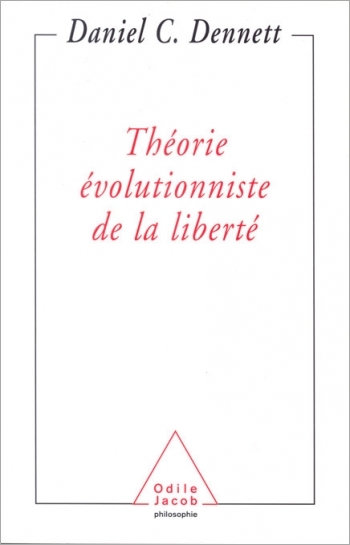
Daniel C. Dennett
Evolutionist theory of freedom
Billions of years ago, there was no freedom on earth, for the simple reason that there was no life. What forms of freedom have evolved since the first stirrings of life? Can freedom and free will exist in a deterministic universe? If we are free, are we responsible for our freedom, or is it governed by chance? Drawing on evolutionary biology and the cognitive sciences, Daniel Dennett provides a series of unorthodox replies to these traditional philosophical questions. It is generally held that what is determined is inevitable and that freedom can only exist in a non-deterministic universe. This is untrue, says Dennett. It is also held that in a pre-determined universe, we have no real choices: all we have is the illusion that we can choose. This too is false, argues Dennett. He then goes on to explain how, some day, we will be able to create robots endowed with free will. In this groundbreaking book, written in a striking, lively style, Dennett interweaves philosophical creativity with the latest scientific developments, and challenges a series of philosophical orthodoxies. Daniel C. Dennett is University Professor and Director of the Center for Cognitive Studies at Tufts University, Mass., U.S.A. He is the author of Consciousness Explained and Darwin's Dangerous Idea.
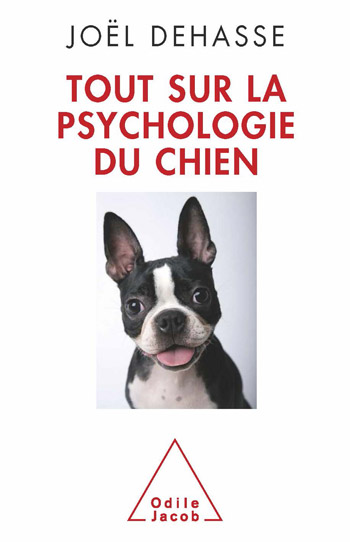
Joël Dehasse
Everything About Dog Psychology
Joël Dehasse’s programme combines in varying proportions the six major types of exercise that dogs need daily: feeding activities, motor activities, vocal activities, chewing activities, game playing, and intellectual activities.

Stéphanie Crescent
Everyone’s Intelligent
A clear, accessible book that will enable parents to recognise their child’s individual aptitudes and help her succeed academically

